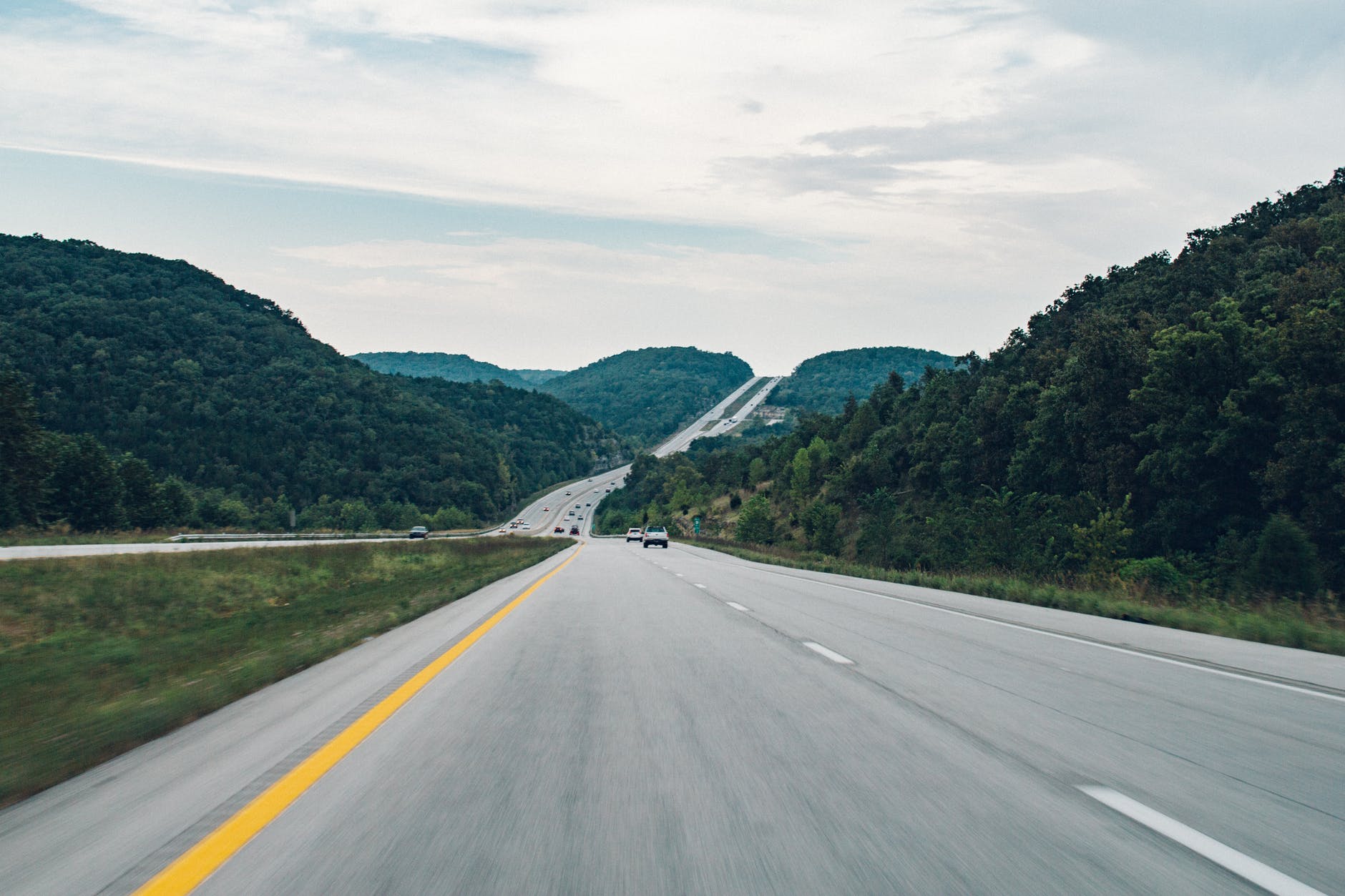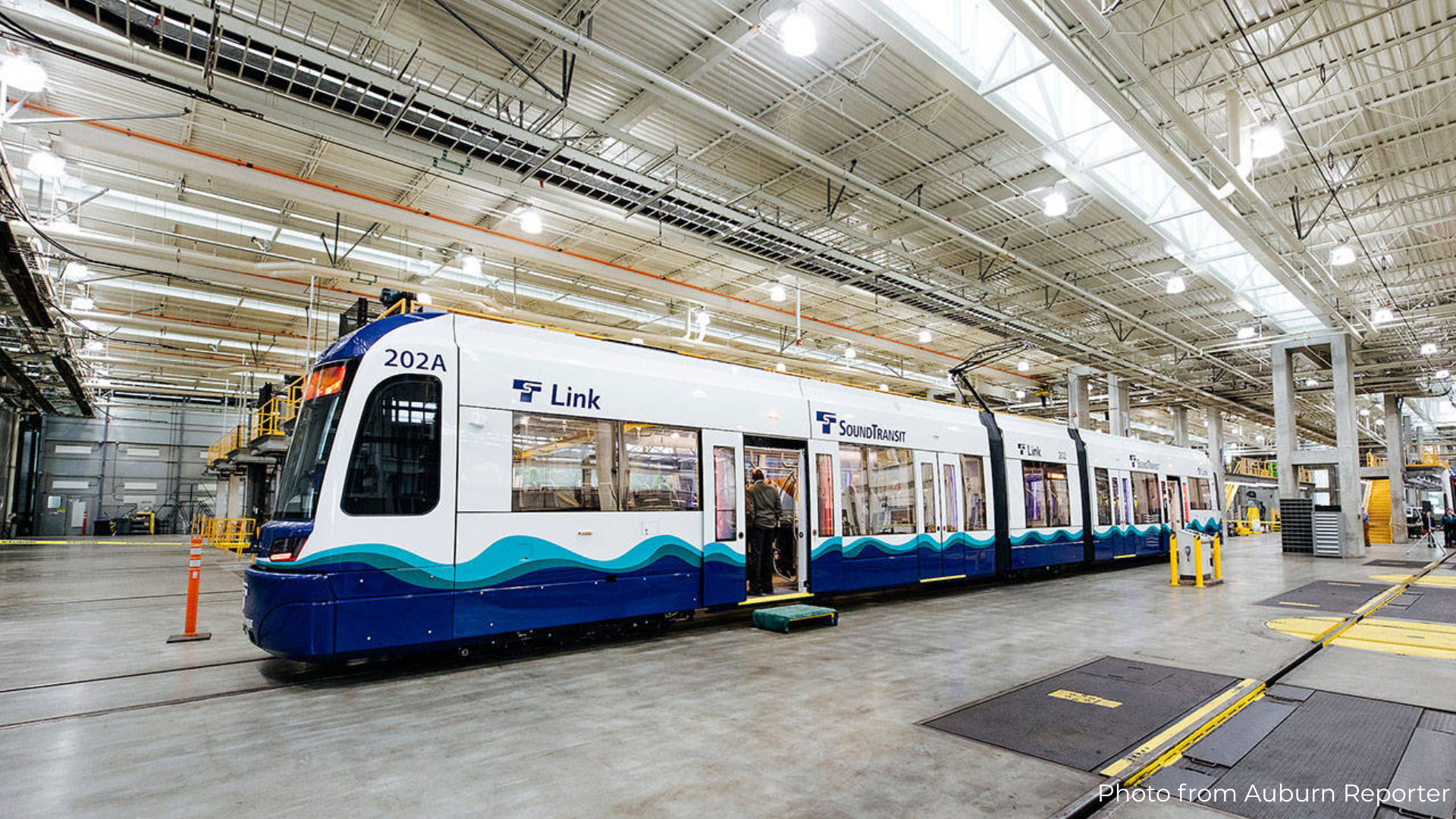A recent poll conducted for Washington Policy Center shows the public's transportation priorities may be at odds with those of state transportation officials.
The poll was conducted by phone by the Moore Information Group in the first week of December and included 500 statewide participants, with a margin of error +/- 4 percent. Participants were fairly spread out across the political spectrum, with 23% Republican, 32% Democrat, 33% Independent, and 11% something else. About 38% of participants said they reside inside Seattle, and 62% outside of Seattle.
Washington State Department of Transportation (WSDOT) officials have long prioritized managing travel behavior rather than reducing traffic congestion and improving mobility for the great majority of Washingtonians, who depend on automobiles for travel. We asked participants how they felt about that. When asked whether they prefer having their travel behavior managed or having individual travel choices accommodated, 55% of respondents said they want their travel choices accommodated.

Similarly, when asked how important it is for government officials to reduce traffic congestion and travel times, 55% said it was extremely or fairly important. Unfortunately, only 38% of respondents felt the state's delivery on that priority was excellent or good, while 57% felt it was not good or poor.


A plurality of voters (42%) chose the maintenance and improvement of existing highways and bridges as their top priority for state government transportation policy. They chose building more roads, adding lanes to traffic chokepoints and expanding highways as their second highest priority (31%). Funding local bus and transit agencies came up third (23%).

Respondents were then asked if they would support or oppose replacing the state gas tax with a per-mile charge. Only 31% said they supported it, while 61% opposed it.
In 2017, the Washington State Transportation Commission conducted a similar survey of about 600 statewide residents, with the same margin of error of +/- 4 percent. They, too, found that a majority of people (58%) opposed implementing a RUC in Washington state. In other words, despite years of promoting the RUC, conducting a pilot in 2018, and supporting legislation year after year that tried to implement the RUC on selected vehicle fleets, public opinion of the RUC appears to have slightly worsened.

Our poll found 51% of respondents would be more likely to support a per-mile charge if they knew the revenue would be constitutionally protected and restricted for highway purposes only, as the gas tax is.

Next, we asked participants how they felt about a state tax to provide even more funding for transit agencies, in addition to local taxes they already pay. We found 40% of respondents supported the idea, and 53% opposed it.

Lastly, we wanted to get a feel for how people traveled before the pandemic and how they intend to travel after. Unsurprisingly 77% of respondents relied on a personal automobile, while 10% relied on transit, 7% worked from home, and 5% walked or biked. Of those who drove, 76% plan to continue driving to work as they did before, 9% plan to drive less frequently, and 11% have switched to telework. Only 1% switched to transit.

Of the 10% who relied on transit pre-pandemic, only 41% said they plan to continue doing so and 6% plan to take transit less frequently. While 39% switched to telework, 13% switched to driving.







